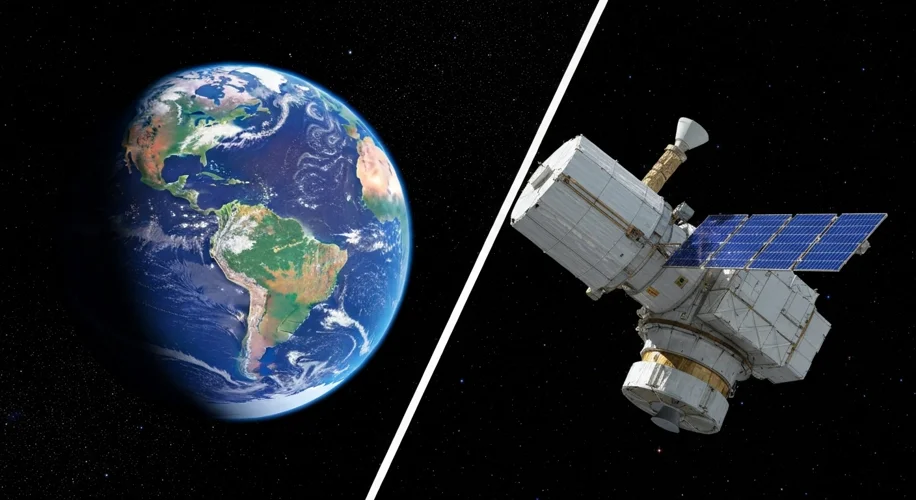As a scientist with a PhD in Atmospheric Science, I’ve spent years diving deep into climate modeling. So, when I saw the news that Bill Nelson, NASA’s Administrator, mentioned that a new appointee, Mr. Duffy, said climate science will “move aside” at NASA, it definitely caught my attention.
Now, I understand that NASA does a lot more than just climate research. They explore the cosmos, study Earth’s systems, and push the boundaries of technology. It’s a vast agency with many important missions. However, NASA’s work in understanding our planet’s climate is truly foundational. Think about the incredible data satellites like Terra and Aqua have provided, helping us track sea-level rise, deforestation, and atmospheric composition for decades. This isn’t just abstract data; it informs policy, helps communities prepare for extreme weather, and guides our understanding of how human activities are impacting the environment.
From my experience with climate modeling, I know how complex these systems are. Small changes in one area can have ripple effects across the globe. NASA’s long-term commitment to Earth observation and climate research has built an unparalleled knowledge base. This expertise is crucial, especially as we face increasingly complex climate challenges.
The idea that climate science might “move aside” raises some questions for me. Does this signal a shift in funding priorities? Will there be less emphasis on Earth science missions? My hope is that any strategic adjustments will still recognize the vital importance of understanding our planet’s changing climate. The insights gained from NASA’s climate research are not just scientific curiosities; they are essential tools for navigating our future.
It’s a delicate balance, for sure. NASA has a mandate to explore the universe, but its role in observing and understanding our own planet is equally critical. As we move forward, I’ll be keeping a close eye on how NASA’s Earth science initiatives evolve. The science of our climate deserves to remain a prominent part of their mission. After all, understanding our planet is the first step to protecting it for generations to come.

